
28th-29th May 2021
Online Conference
Euruko is a Ruby conference organised annually, each year in a different European city chosen by the participants. In 2021 it will be organized online, and in 2022 in Helsinki, Finland.
In the spring we had decided to move the conference to 2021 as it became increasingly clear that it would be impossible to hold it while the COVID-19 crisis was growing worse in Europe and around the world.
Despite the good news about vaccines, we don’t currently think that it will be realistically possible to hold a large, in-person event in May of 2021. Because of this, we’ve decided to move the Euruko 2021 conference online.
Ticket-holders will get various perks, including the following:
We’re also planning on increasing access to the conference by offering a free stream of the conference to anyone in the world through YouTube or Twitch, without the interactive features that paying ticket holders will receive.
Access to the online features will become available closer to the event dates and goodie bags will ship in May.
Helsinki, baby! Since Euruko Helsinki hasn’t happened, we’re still aiming to have an in-person conference in Helsinki in 2022.
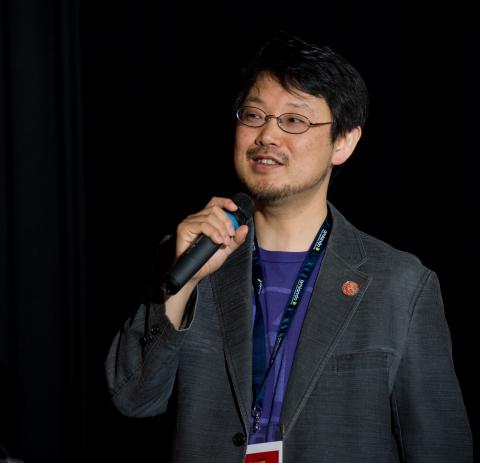



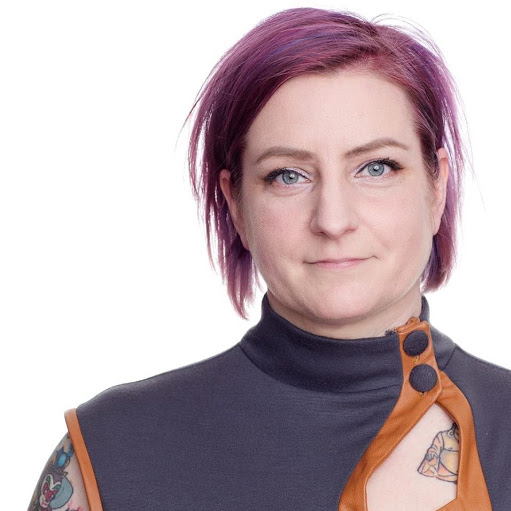


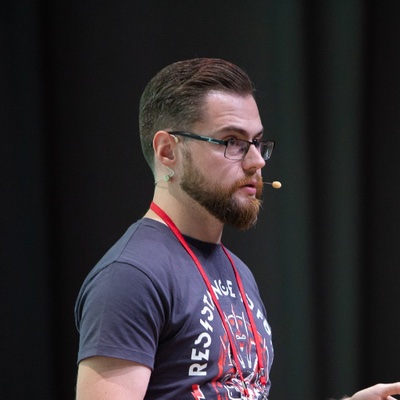





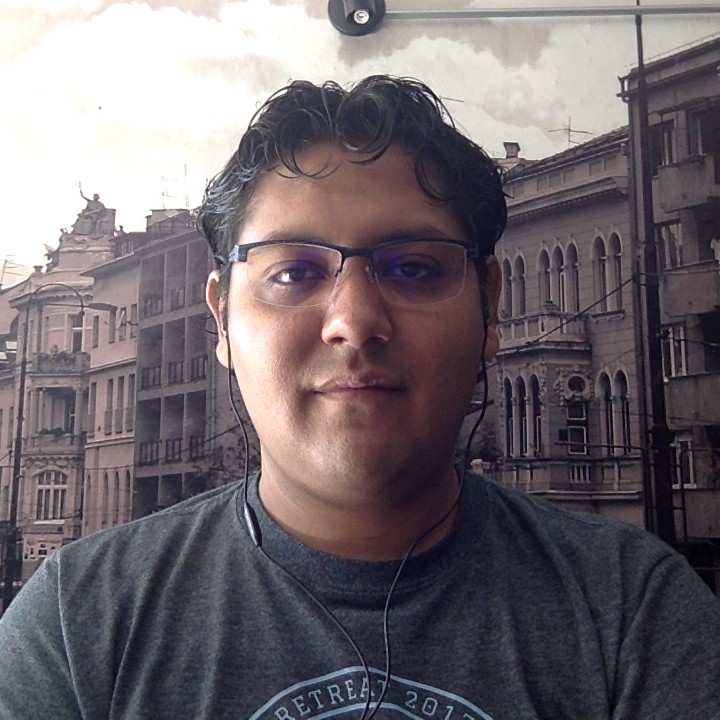

Access to an interactive conference platform with speaker Q&As and more…
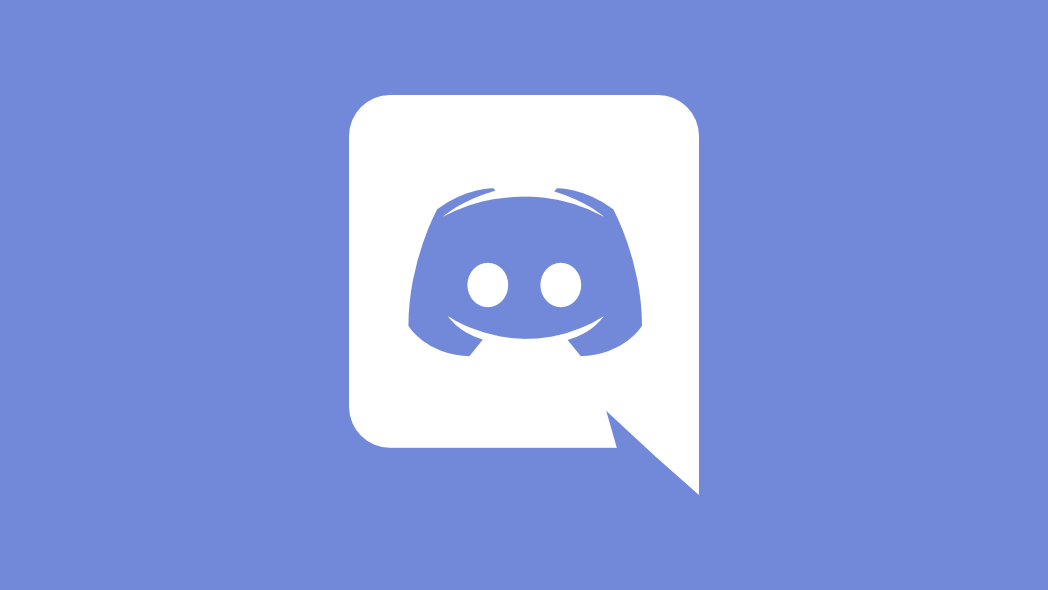
Access to a Euruko Discord server where you can talk with fellow attendees, speakers, and sponsors.
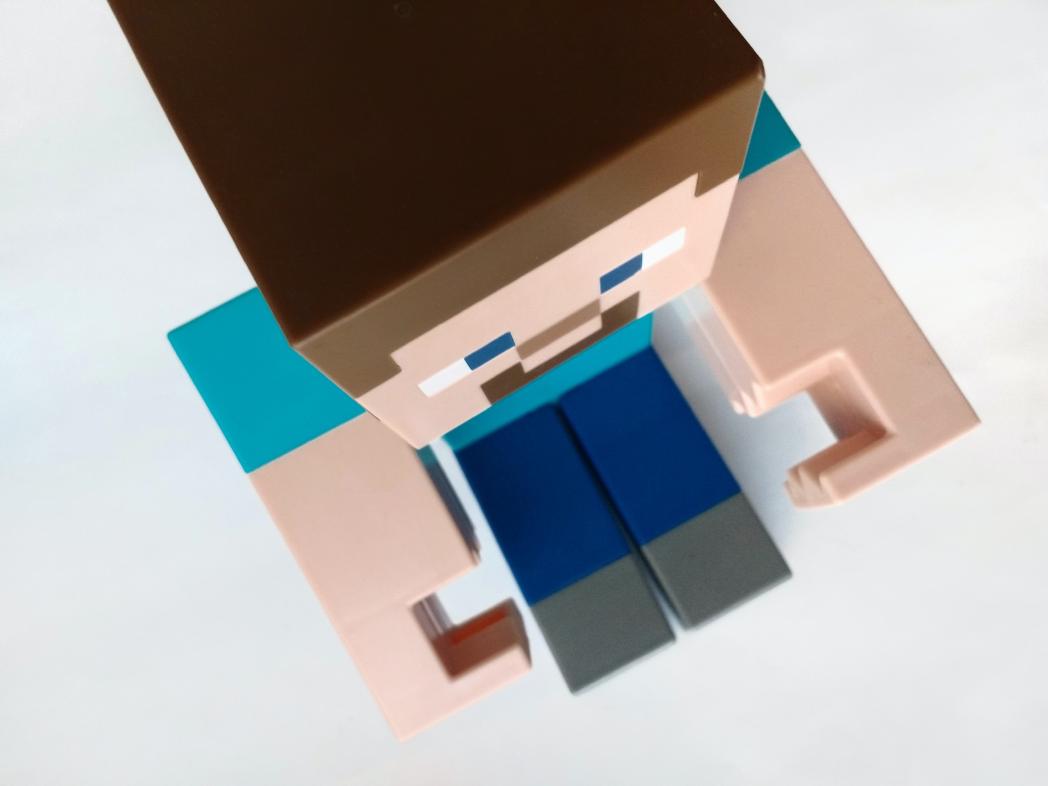
Access to a private Minecraft server with your fellow attendees. Griefing strictly forbidden! MINASWAN all the way.
A Euruko goodie bag shipped to you, wherever you are in the world (as long as our fulfillment partner delivers to your country). We're still finalising the exact contents of the goodie bag.
The livestream will be available on the 28th and 29th of May 2021. Until then, please enjoy this video from 1973 of Finnish software engineers describing their work.
The times are in EEST (in other words, UTC+03:00). The schedule is now confirmed and there shouldn’t be any major changes coming up.
Developer, are you (unconsciously) developing sites for users just like yourself? It often means a sighted mouse user with good fine motor skills and who is proficient with computers. But not every user is like that.
Many projects have automated accessibility checkers, and that is a good start. However, they don’t catch most of the failures on accessibility. There are some fairly simple checks to ensure a better experience for your users, and from this talk, you’ll learn how to do them and, most importantly, why they are essential to do.
One day you decided to give GraphQL a try and implement an API of your new application using GraphQL. You deployed the app to production, but after a while, you realized, that responses are not super fast. How to find out what makes your GraphQL endpoint slow?
We’ll discuss how queries are executed and what makes processing slower. After that, we’ll learn how to measure performance in the GraphQL era and determine the part we should improve. Finally, we’ll discuss possible solutions and some advanced technics to keep your GraphQL app fast!
Ruby’s current memory layout does not optimize for cache performance, and this has implications: object data like string and array contents are often not stored close to the objects that use them, causing poor data locality, reducing the efficiency of CPU caches, and making it more complex for the garbage collector to manage these objects. Additionally, objects can also contain pointers to data that then point back into the Ruby heap, slowing down object access due to pointer indirection.
Join us as we explore how the variable width allocation project will change the garbage collector heap to replace the system’s malloc heap, giving us finer control of the memory layout to optimize for performance.
The last year has been hard on all of us. Cutting through the bad news and the mundanity has required resilience, creativity, and determination. Thankfully, we have had a secret weapon on our side to keep us occupied: Ruby.
Join me as I explore some of the good, the bad, and the just plain hilarious ideas Rubyists have been working on during lockdown. I will survey Ruby lovers of all levels to see what has been holding their attention during this difficult year.
I will also share my own experience with staying busy, including my adventure building an “On Air” alert system for Zoom in my home office space using Ruby.
Integrated development environment (IDE) is one of the most frequently used tools for programming. It’s a kind of text editor where you type and read the code, but it does more for you. On-the-fly error reporting, completion, go-to-definition, and more. These features help you writing and reading the code and make the tools more valuable than simple text editors.
I have been working for IDE development to support Ruby programming with a static type checker. It is based on the Language Server Protocol (LSP) and implemented in Ruby.
I want to share my experience. What is the protocol? How can the LSP features be implemented? You will get to know the under-the-hood of IDEs, and the tools will become more familiar to you.
Daily, we are pushing the boundaries of how fast we can deliver software. Constantly running on a knife’s edge between great success and horrible failure.
Delivering something new, better, faster than our competition can mean incredible payoff and we are constantly being asked to cut costs and deliver more, faster, cheaper. But then suddenly, you fall off the other side of the edge and wake up to 189 dead in a plane crash or having to take down and redesign your entire banking service because the architecture didn’t hold up to the load. It probably wasn’t your decision to push that to production but one can imagine that a long chain of people have to have made a number of small (or huge) decisions that led up to that result.
Team diversity refers to differences between members of startup team. Those differences can include demographic differences (like age, race, sex, ethnicity), personality (extrovert, introvert, and differing Myers-Briggs types) and functional (as in skill sets, like engineering, design, copywriting, and marketing).
How does team diversity impact your customers’ experience from the moment they learn about you through their journey with you? You will attract and relate to customers how look like you. They will understand your messaging and you will understand their needs. If you don’t represent the right dimensions of diversity, you are leaving an amazing experience behind.
Food for thought: home-cooked software
A palate is a spot on your tongue where you remember. A library of textures, taste and language to describe the world around us. What if we learned about computers, code and technology with the tip of our tongue? How might home-cooked software look like in the future?
In this talk, children’s book author & illustrator Linda Liukas will stem, rind, pit and seed a piece of code. Through the process, she will develop a palate for code, and understanding of how we are entangled in our technology, natural world and human communities.
To subscribe to the calendar feed, copy-paste the following URL to your calendar:











Goodie bag shipping is only possible to countries where our fulfillment partner, Printful, can deliver. Shipping might be slow to some parts of the world due to COVID-19.